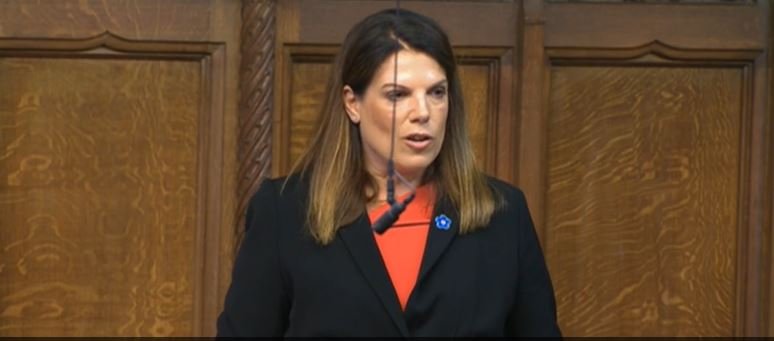This week the Rt Hon Caroline Nokes addressed the UK Parliament regarding Amendment 160 of the Criminal Justice Bill, a crucial step towards preventing non-consensual intimate image abuse. Supported by members of the Women and Equalities Committee, the amendment seeks to address critical gaps in existing legislation, particularly within the framework of the #OnlineSafetyAct.
In her address, Caroline highlighted the profound impact that deepfake technology has had on ordinary individuals, underscoring the disparity in addressing such abuse between celebrities and the everyday public. Despite efforts by the government to tackle these issues, challenges persist in platforms swiftly removing harmful content.
Blocking Access to Content
The amendment aims to rectify these disparities by elevating non-consensual intimate imagery to be deemed illegal content under the Online Safety Act. By imposing obligations on platforms to remove such content and requiring internet service providers to block access, the amendment seeks to provide much-needed protection for victims.
Crucially, Caroline emphasised the need to broaden the scope of legislative action beyond sexual explicitness, recognising that cultural nuances and societal norms play a significant role in how we should define ‘intimacy’. Encompassing all forms of intimate imagery, the amendment strives for inclusivity and effectiveness in addressing abuse.
The Need for Legislative Change
Through compelling anecdotes, including the harrowing experiences of high-profile cases such as Georgia Harrison and the hundreds of other victims who have successfully seen their perpetrator found guilty at trial, Caroline underscored the urgency of this legislative change. Despite significant criminal convictions, perpetrators continue to exploit legal loopholes, perpetuating the ongoing trauma for victims. Our own Revenge Porn Helpline currently has 30,000 URLS that we have reported but are powerless to prevent access to because of this legal loophole.
We applaud Caroline Nokes for representing victims and so powerfully articulating the issue and impact that requires legislative action. By prioritizing the protection and rights of victims, Parliament has a unique opportunity to enact meaningful change.






